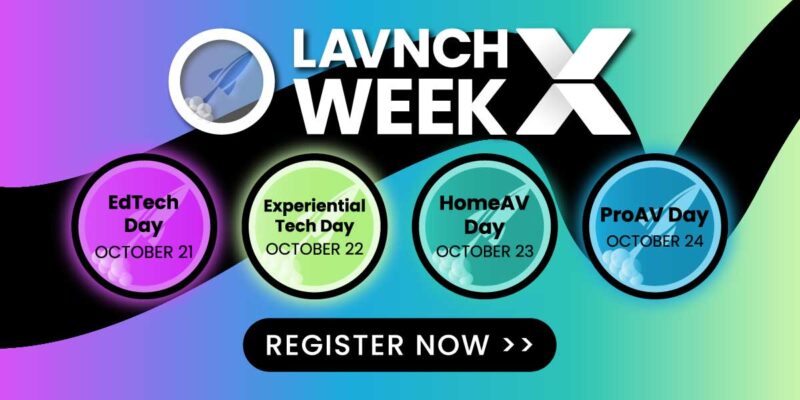Higher Ed & Corporate Thinking – Part 1
Thanks to my colleague Brett Tipton for his contribution to my first rAVe Pubs blog post. Brett is a writer, teacher and public speaker. He brings a great in-the-trenches perspective to the topic of higher education, how well it prepares students for the real world of corporate America, and how corporations themselves — and IT departments, in particular — approach recruitment and the positioning of new hires.
This post began organically enough: Brett published a post to his blog, to which I commented. It went from there.
The End of the Term
by Brett Tipton
 I just finished teaching another term. I don’t know how many times I heard the phrase, “I’m so glad this term is over.” To me, this is shocking. It’s not shocking because I lack understanding. I feel the same way. What shocks me is that learning is a normal, natural process. So, why has the college system turned it into such a burden? Why have we created a system that leads to burnout?
I just finished teaching another term. I don’t know how many times I heard the phrase, “I’m so glad this term is over.” To me, this is shocking. It’s not shocking because I lack understanding. I feel the same way. What shocks me is that learning is a normal, natural process. So, why has the college system turned it into such a burden? Why have we created a system that leads to burnout?
As I step back and think about this question, my answer is that the system is not primarily concerned about teaching or personal growth. The main point of the system is to teach someone to be an employee. But, if the system that’s training them to be an employee leads to caustic burnout, I have to wonder if the jobs we’re preparing people for are going to be jobs they love.
Another thing I have to question is the whole promise of education being a gateway to good jobs. Colleges provide few good jobs for their employees. If they don’t even supply their employees with good jobs, can we expect them to help students find good positions?
The sad part is that all this introspection will soon fade. Next week I will be eating turkey and won’t give my job a second thought. Soon the next term will roll around and the grind will continue. Some students and instructors will come and go, but the system will continue — masticating people in its wake. It’s a broken system and I’ve lost hope it will change.
Curt:
Good perspective, Brett. It brings into focus the very purpose of higher education. It also illustrates the difference between purpose and function. Is the purpose of college to help one gain employment after graduation, but the function to provide education, knowledge, and cultural and literary enrichment?
I have a buddy who I met at Ohio State University when I was a freshman and he was a senior. I used to help him edit his papers for his Master’s; we’ve been friends for 30 years. He’s worked in higher ed his entire life. He recently posted a cartoon to Facebook in which a young man returns a diploma to his college admissions office, saying “In lieu of repaying my student loans, I’m returning this. It didn’t work.” While the cartoon is obviously a political statement regarding the state of student loans and the sluggish hiring economy, I perceived it to also be a powerful comment regarding the value of a diploma.
Peter Thiel, co-founder of PayPal (with Elon Musk) and Silicon Valley luminary, has established the Thiel Fellowship. This fellowship gives 24 young people (age 20 or younger) $100,000 each for a two-year period to (temporarily, in theory) drop out of college and work with a network of 100 Silicon Valley mentors. Given the status of Thiel and his prestigious fellowship, it receives applications from students at Harvard, MIT, and Stanford, among others.
Thiel’s fellowship brings to light several important questions. Is the experience young people receive when working with mentors who are older, successful professionals more beneficial than the formal education they receive at their respective educational institutions? Should this simply be considered a supplement to the students’ formal education? How many of them will achieve a level of business success — like college dropouts Bill Gates, Mark Zuckerberg (both from Harvard), Ellen DeGeneres, Ted Turner, Steve Jobs, and Oprah — that convinces them to abandon their nascent higher ed studies?
Not easy questions to answer. I’m personally pro-higher ed and will work hard to convince my teenage daughters to pursue at least a Master’s degree and preferably a Ph.D. But Thiel’s fellowship — and the dropout habits of so many extremely successful and world-changing luminaries of Silicon Valley and Hollywood — do cause one to wonder if college is really the best path.
Brett:
I sometimes wonder if the whole push for a college education by employers is that they simply don’t want to pay to train people. Since they aren’t paying, there is no concern for how inefficient the system is. I also wonder how many employers simply want someone who has already proven they can conform. While many companies clamor for creativity, they often tend to squash dissonant voices.
Curt Robbins is author of the following books from Amazon Kindle: Home Theater for the Internet Age, Understanding Home Theater, Understanding Personal Data Security, Understanding Cutting the Cord, and Understanding Digital Music. You can follow him on Twitter at @CurtRobbins, on Instagram at curt_robbins, or read his Flipboard magazine Middle Class Tech.





